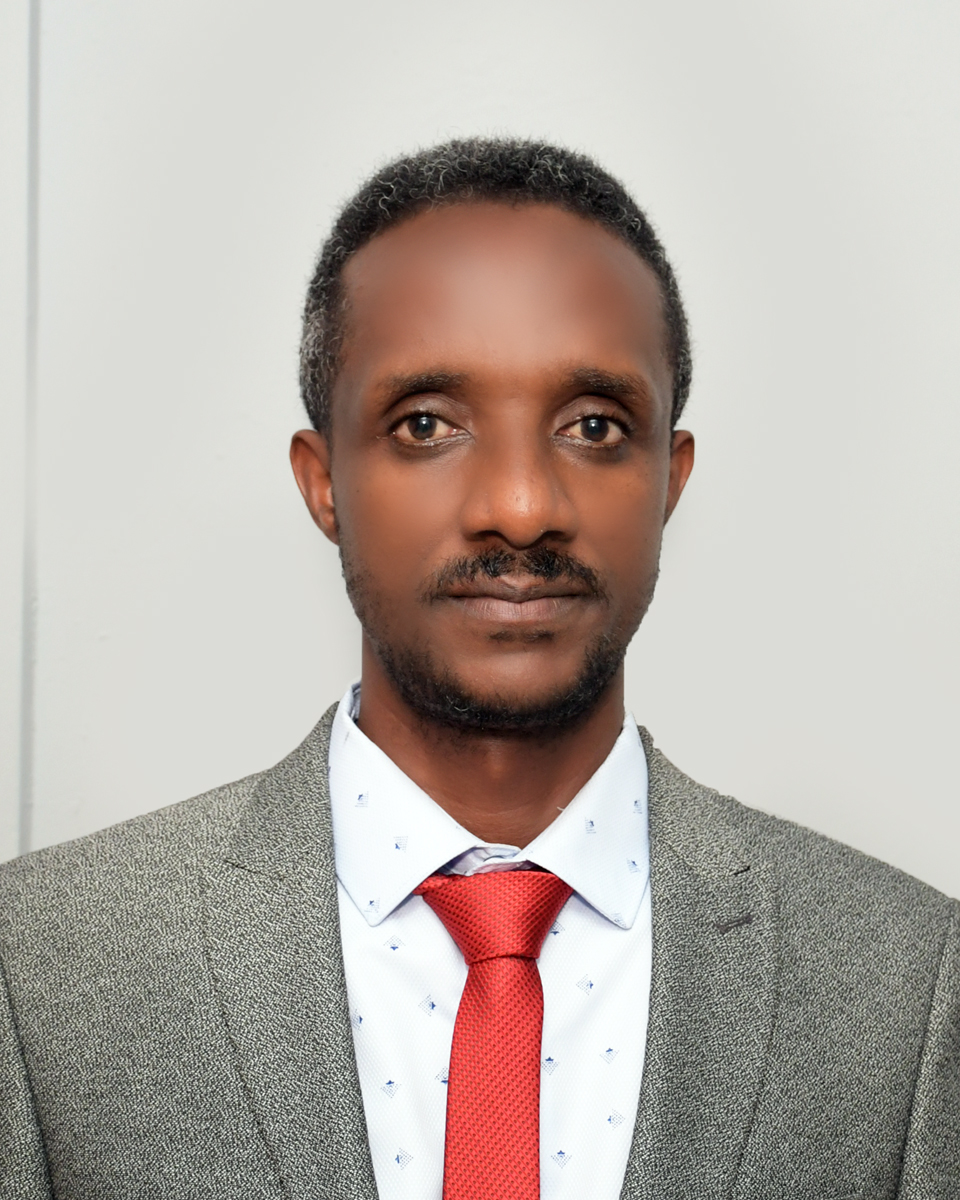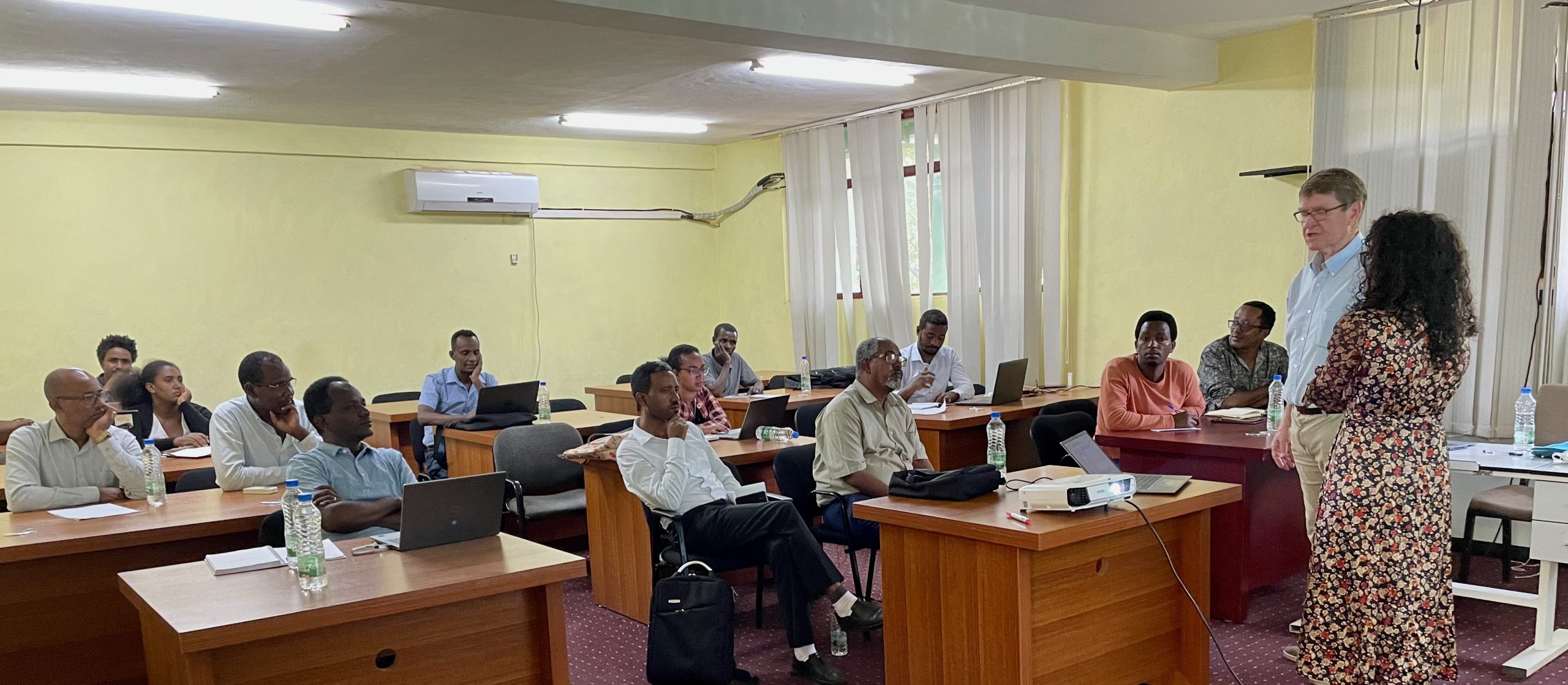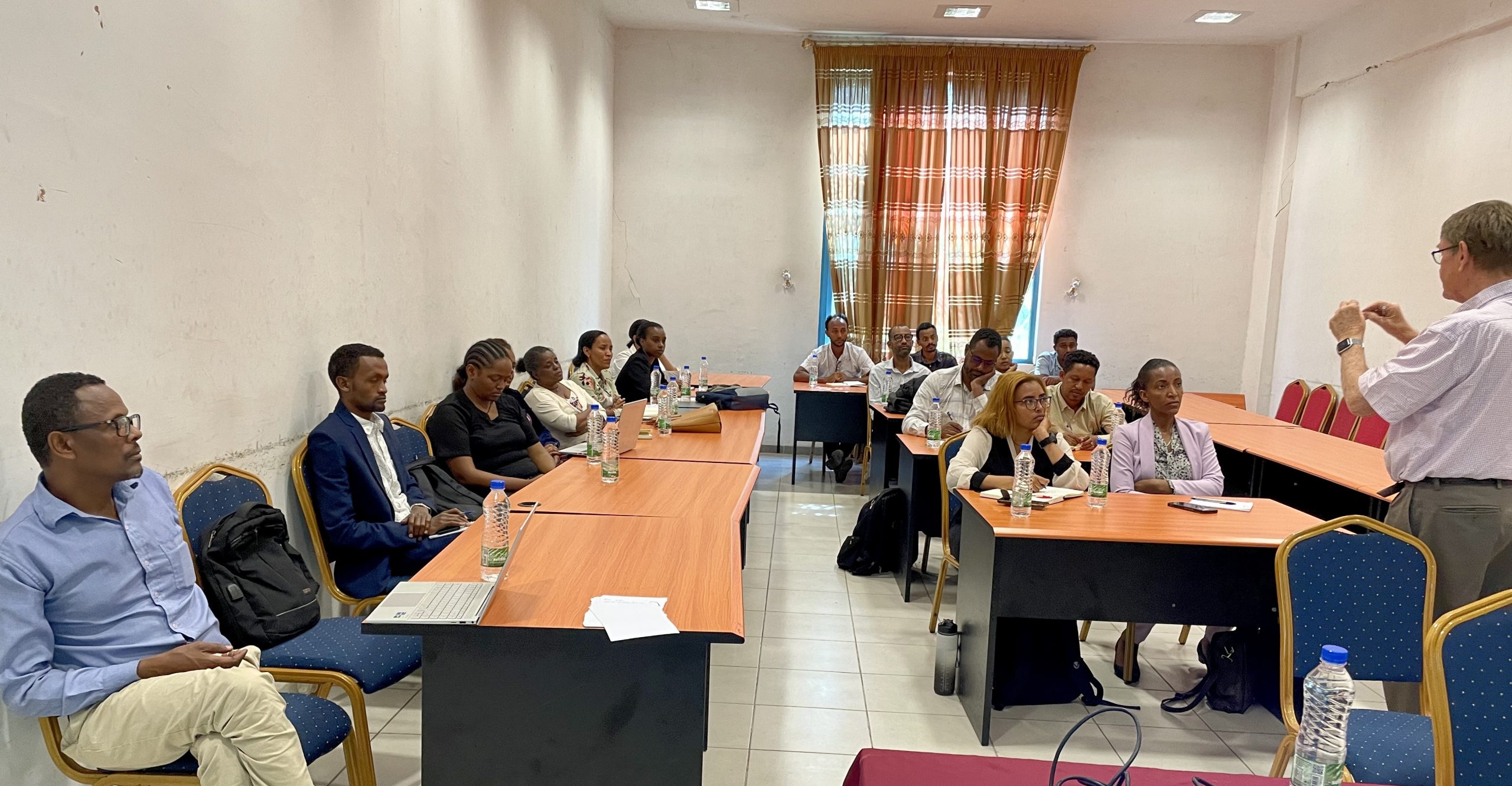Dr. Taye Gari and his colleagues from Hawassa and Addis Ababa University conducted a cohort study in the Ethiopian Rift Valley, a region known for its vulnerability to drought. Their findings are particularly relevant to this context.
Climate variability, crop production, and household food security could be causally linked to women’s nutritional status, suggesting that rural people depending on rain-fed subsidence farming for crop production are vulnerable to the impact of climate variability. Government interventions such as education, membership in health insurance, and safety net programs could help mitigate the effect of climate variability. Furthermore, mitigating climate variability through improving household food security, wealth status, and educational status could reduce the stress of climate variability in the affected populations.
Taye Gari, Bethlehem Mezgebe, Mehretu Belayneh, Yonas Mersha, Bernt Lindtjorn. Effect of climate variability, crop production, and household food insecurity on malnutrition among women: A mediation analysis from a drought-prone area in Southern Ethiopia. 2024. EarthArXiv. DOI: 10.31223/X56Q6S



